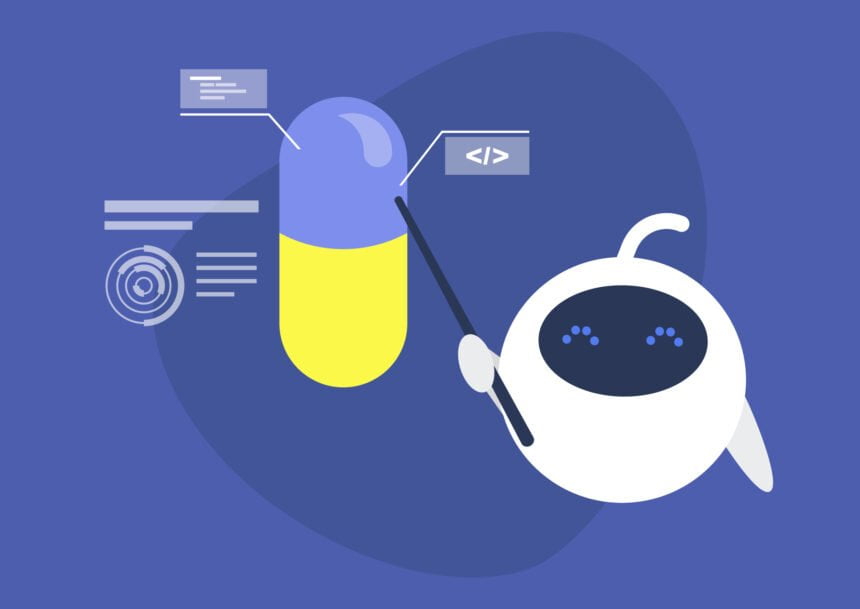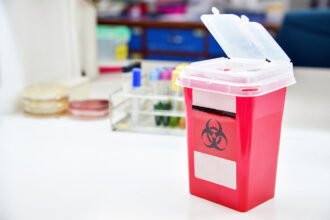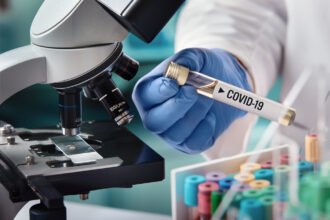The Covid-19 pandemic has upended most of the world. It is creating a lot of anxiety for people worried about getting sick and led to a number of challenges for companies in all sectors. However, not everyone has been adversely affected. Biotech companies are seeing a number of new promising opportunities after already working on great solutions to cancer.
Will this demand continue after the pandemic ends? It likely will, which is why there are so many great biotech penny stocks to watch.
Biotech Companies will Benefit from Covid-19 Hysteria for Years
The STAT 2020 summit, which brings together the best in medicine, technology and various world leaders in the fight against the COVID-19 pandemic, ended its third day with the exclusive participation of leading experts on policy, healthcare and other topics, where attendees were able to keep up to date with the most relevant news on this virus and the main trends in health and biotechnology. One of the conclusions from this conference is that biotechnology advances will be even more important to healthcare in the future as the pandemic starts to wane.
David Feinberg, director of Google Health, spoke about the work carried out by the search giant’s section designed to help millions of people in the pandemic and explained the active role of Internet users in finding out more about their ailments and how to seek medical attention. The division has over 500 employees and is growing.
He said that work conducted from Google Health is mainly done for hospitals to help them organize their huge amount of information from their patients’ medical records. When you go to a hospital, you generate a lot of very diverse electronic data that sometimes gets lost or is only available to one sector. There are even medical orders that are only written on paper. What Google Health does is standardize and concentrate all that information so that it is in a more correct form and available to every doctor who needs to follow up on a patient. It’s similar to the searches Google applies to other commercial clients, only it is focused on healthcare.
The goal is to save doctors and nurses time so they spend less time on the computer searching and more time with their patients. During the COVID-19 pandemic, Feinberg noticed the big trend in millions of people asking medical questions, especially whether they have coronavirus or not and then how Google can help them and connect them with health systems that cover the costs they generate.
Prior to holding this position at Google Feinberg worked in hospital administration. When asked by host Erin Brodwin what lessons he learned from his hospital work to then apply at Google, Feinberg replied, “Coming into Google I knew we had to be above and beyond the highest industry standards and above the information provided by others.”
Another specialist said that the biggest modern challenge is to have the highest level of transparency in the information and in the face of the large audience levels we generate to make sure they can see everything we do with the best security for them.
It was the turn of medicine. George Yancopoulos and Leonard S. Schleifer, co-founders of Regeneron Pharmaceuticals, cleared doubts about the monoclonal antibody treatment that Donald Trump pushed as “a cure” against coronavirus. “I want everyone to get the same treatment as me,” he said in a five-minute video he recorded on the White House lawn. With that video, Trump finished catapulting the U.S. drugmaker into the limelight. After it was turned into a star, Regeneron was studied in much more detail and immediately attracted medical attention.
REGN-COV2 is part of a class of biotechnology therapies known as monoclonal antibodies. Several companies are using this technology to create copies of human antibodies against the new coronavirus. But while it may have been Trump’s treatment of choice, the drug is an experimental treatment still in clinical trials. “We are hopeful that approval will be granted very soon and await a final decision,” said Schleifer, the company’s co-founder and CEO.
But how does it work? REGN-COV2 antibodies target the surface of the SARS-CoV-2 protein spike and neutralize its ability to infect healthy cells. According to Regeneron, blocking this interaction between the virus and the infected person’s cells stops the infectious process and helps reduce the high levels of viral load generally associated with increased severity of disease caused by the coronavirus.
“Our data suggest that there are people who are at higher risk and for whom the treatment will have more benefit; more importantly, we don’t need to, based on the data, just target the drug to those people from a benefit and safety standpoint because it really looks like the treatment is safe and we wouldn’t be putting patients at risk who wouldn’t benefit as much from it. So, the benefit-risk in these early stages seems to be very favorable for everyone and if we were to treat everyone on average it would probably benefit the entire population,” cautioned Yancopoulos, co-founder and chief scientific officer of Regeneron Pharmaceuticals.










